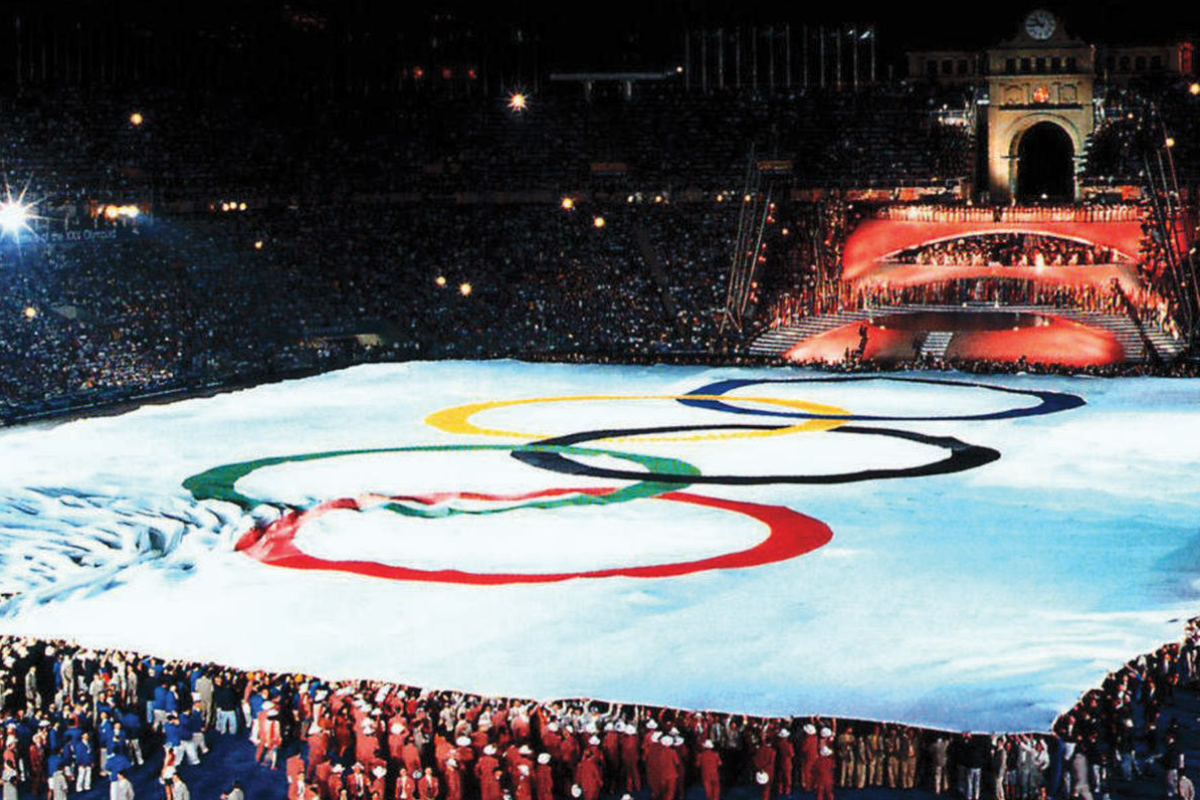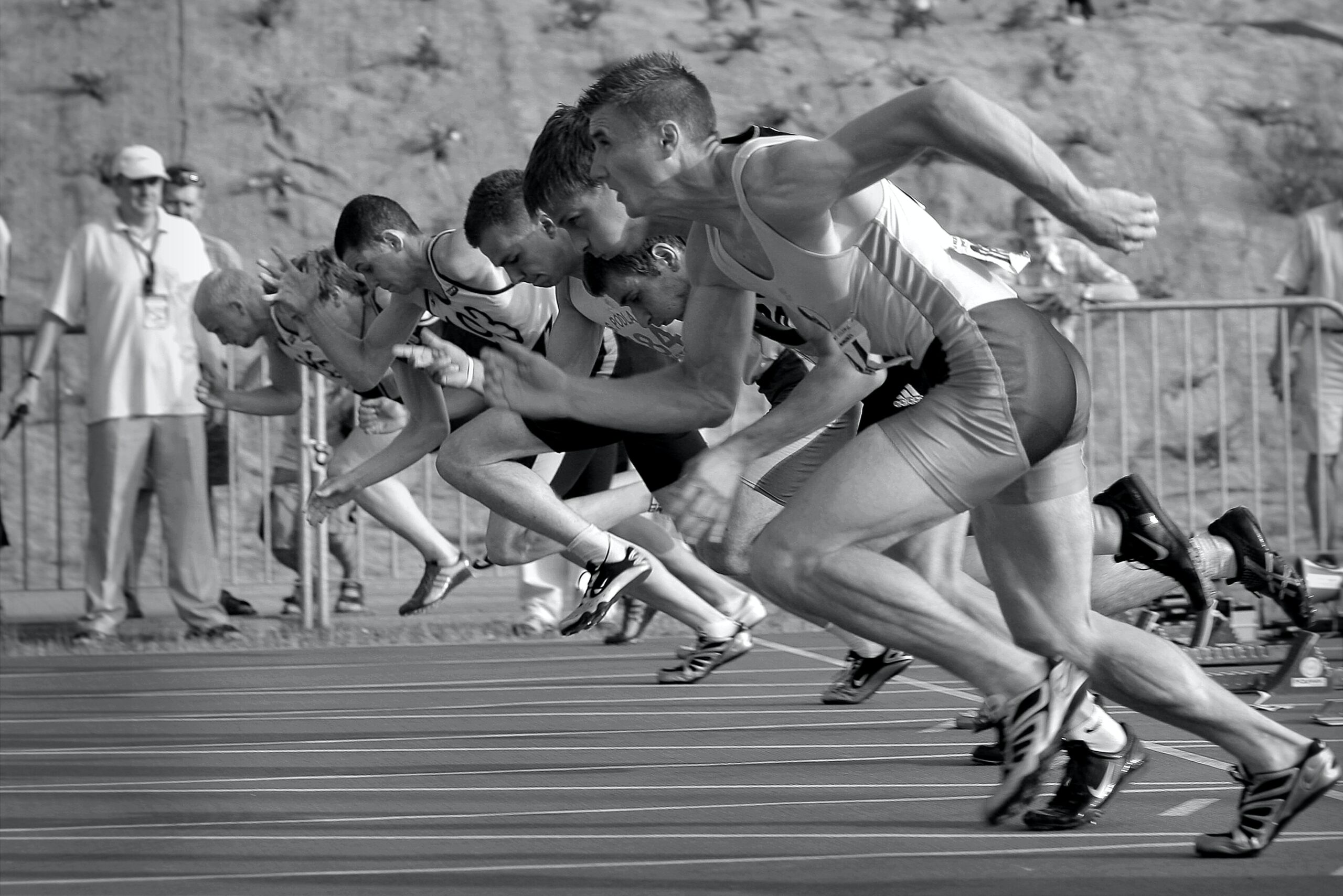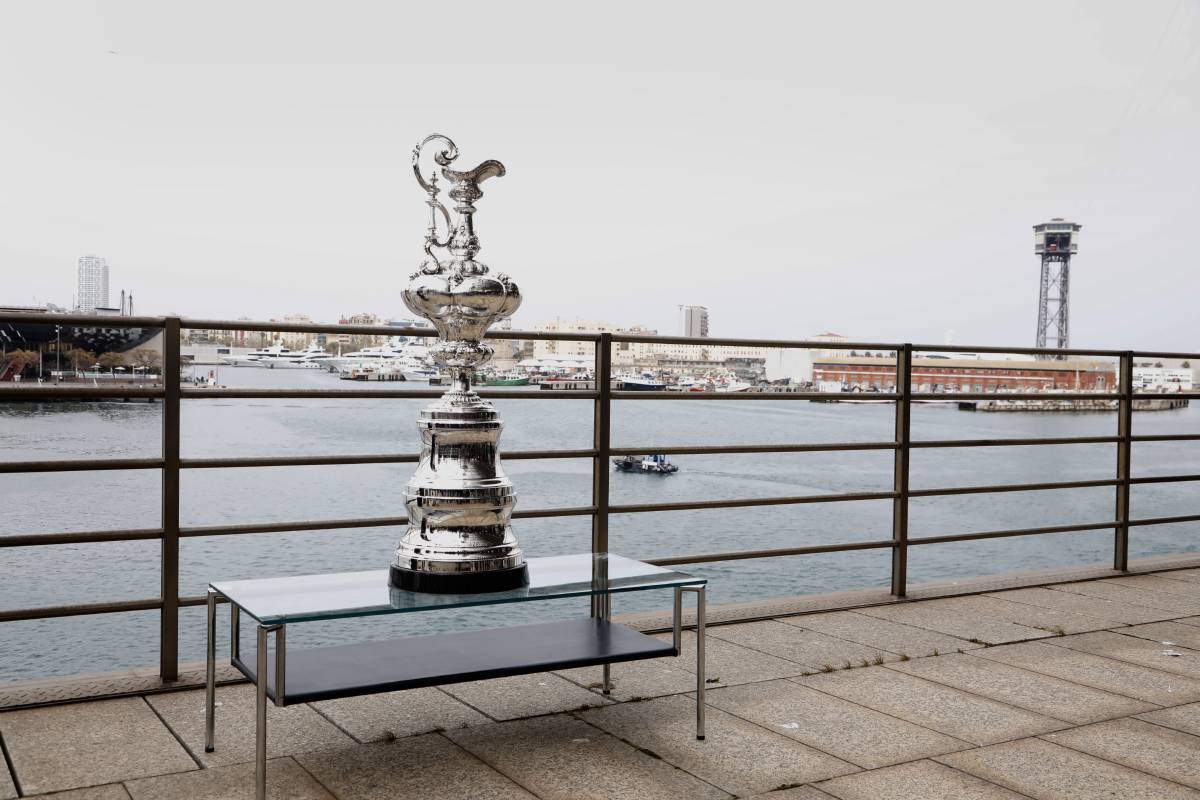Barcelona's winning spirit


Marc Francés
Managing Director at Sarah Marlex

Roger Pallarés
Senior Consultant at Harmon Corporate Affairs Profesión
Barcelona's impressive track record means that sport in Barcelona is in the best of health, but the city shouldn’t rest on its laurels. To keep up the pace, a number of pressing issues demand a united response
Summer 1992. The eyes of millions of television viewers were on Barcelona as Juan Antonio San Epifanio, known as Epi, member of the FC Barcelona basketball team and winner of a silver medal at the Los Angeles Olympics, carried the torch around the darkened stadium before lighting the arrow of the waiting archer. Flexing the bow, the archer shot the arrow into the night sky, lighting the Olympic cauldron, inaugurating the 1992 Barcelona Olympic Game, and, though nobody knew it at the time, initiating a magical union between Barcelona and the world of sport.
As with any relationship, it's not all just magic. Perseverance, dedication, attention to detail, and routine are required to make it work. And just like a successful relationship, a range of different features have enabled Barcelona to remain a global leader in sports. First in line is FC Barcelona, which attracts millions of fans from all corners of the globe to watch its matches and visit its stadium, with the multi-sport club’s museum ranking among the most visited attractions in a city with such a wealth of culture as Barcelona.
But there's more to life than just Barça. The city's climate and location are ideal for sport, and a large number of the people who live here consider sport to be an essential part of their lives. There's also a robust business and club ecosystem, with Spanish and international companies like Dorna, Euroleague, or Mediapro choosing to locate their headquarters here. Dorna, Euroleague o Mediapro.

What is the situation now?
Barcelona's sports scene is in the best of health due to its impressive track record, but the city shouldn’t rest on its laurels. To keep up the pace, a number of pressing issues demand a united response from the sports community.
- - Global multichannel consumption: The landscape of sports has undergone a revolution with the rise of global multichannel consumption. Gone are the days when sports were solely consumed live or on television. Today, sports managers need to navigate the complexity of this new world and adapt to the changing rules of the game. This means creating new formats that are tailored to multiple channels, finding innovative ways to capture the attention of viewers, and fostering better interaction with their audiences, no matter where they are.
- Greater circularity in sport: the days of huge, temporary projects are over. Nowadays, sports investment must be circular. This means creating infrastructures that are useful before, during, and after events, as well as reducing the carbon footprint and building emotional connections with local communities It's tough to succeed in a democratic society like Barcelona if you're up against angry crowds, a damaged ecosystem, and the economic fallout from useless infrastructure.
- Striking a balance between the city’s identity and the pressure to stay on top: In the last two decades, new players with deep pockets have started to host top-tier sports events. We've seen Olympics in China and Brazil, and soccer World Cups in Russia and Qatar. For Barcelona, this means accepting that some events may be out of reach financially, but we must ensure that the city's unique assets remain as appealing as ever. The key to success lies in making sure that the city’s undoubted attractions are transmitted effectively.
How has Barcelona faced these challenges?
In a range of different ways: The good thing is that the authorities have taken on board the potential of the sports industry. Barcelona’s campaign to hold the America Cup—a globally recognized sporting event that focuses on technological development and is deeply committed to social and sustainable values—is an excellent example of the way forward.
But a strong sports hub shouldn’t be dependent only on political support. It also needs an active community that enjoys sport for its own sake and is free from the pressure of competition and results. And, of course, it needs modern infrastructures that can be used for high-level competition as well as by the local community.
Looking ahead of 2043
Barcelona's future as a global sports industry leader is at stake, and the next few years are crucial for developing a focused, resilient, and socially aware model. The city and Catalonia as a whole have always thrived when there is close collaboration between public decision-makers and private initiatives, and sports are no exception. This is shown clearly by the successful history of the Olympics and the awarding of the America’s Cup to Barcelona.

If you want to know the latest English news about Barcelona and the people who bring it to life, sign up to our Blog.







